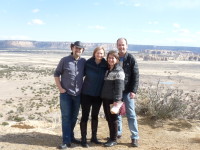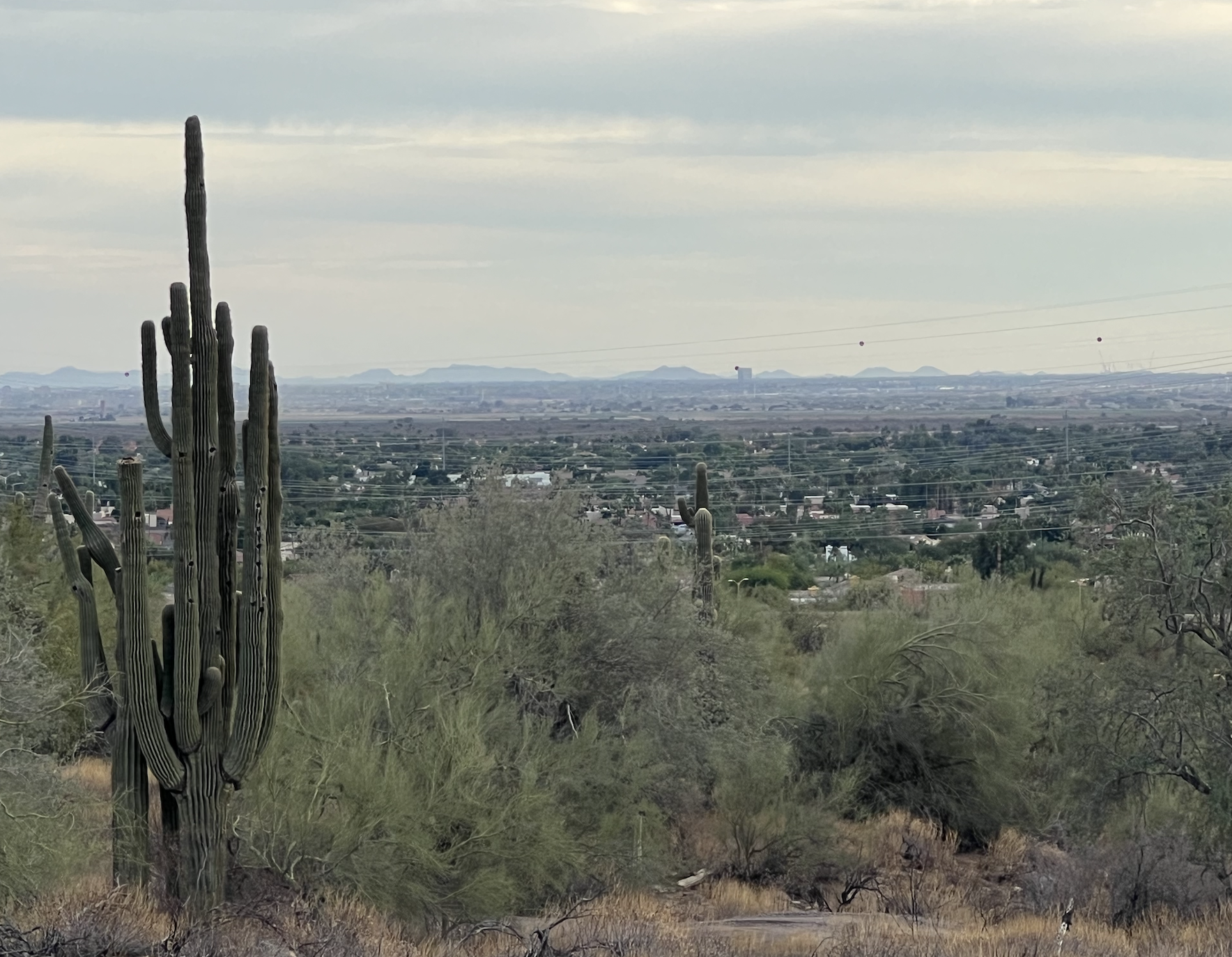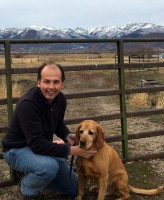 The American Southwest is beautiful country. I am in some of that now, having driven yesterday from Albuquerque to Gallup. It is unique. In someways stark and barren. Bushy Junipers somehow finding way to scatter and grow in dusty, red earth. But these are big sky areas too. Long, reaching, cloudless blue punctuated by red mesas. The contrast is deeply alluring, pulling my eyes to to wander, to expand. When seen close up, those mesas feel very alive to me. Like grandmothers and grandfathers matriarching and patriarching generations of family. I feel words in me, emotions pulled in me when I am nearby. Longings.
The American Southwest is beautiful country. I am in some of that now, having driven yesterday from Albuquerque to Gallup. It is unique. In someways stark and barren. Bushy Junipers somehow finding way to scatter and grow in dusty, red earth. But these are big sky areas too. Long, reaching, cloudless blue punctuated by red mesas. The contrast is deeply alluring, pulling my eyes to to wander, to expand. When seen close up, those mesas feel very alive to me. Like grandmothers and grandfathers matriarching and patriarching generations of family. I feel words in me, emotions pulled in me when I am nearby. Longings.
 I continue a stretch of working and travel. This week with good life friends and companions, Chris Corrigan, Caitlin Frost, and Teresa Posakony. My time to write in times like these mostly shifts to words spoken aloud with one another and with the group of people that participate in our workshops. This week, tomorrow through Thursday, about 40 from Navajo Nation that work in health promotion. There will be longings there too.
I continue a stretch of working and travel. This week with good life friends and companions, Chris Corrigan, Caitlin Frost, and Teresa Posakony. My time to write in times like these mostly shifts to words spoken aloud with one another and with the group of people that participate in our workshops. This week, tomorrow through Thursday, about 40 from Navajo Nation that work in health promotion. There will be longings there too.
John O’Donahue has become a favorite poet for me. I can almost select randomly from his writings and find something deeply satisfying. The poem below, a blessing, For Longing, is one that I have been been both feeling and sharing these past weeks. May it inspire. It does for me.
For Longing by John O’Donohue
Blessed be the longing that brought you here
And quickens your soul with wonder.
May you have the courage to listen to the voice of desire
That disturbs you when you have settled for something safe.
May you have the wisdom to enter generously into your own unease
To discover the new direction your longing wants you to take.
May the forms of your belonging–in love, creativity, and friendship–
Be equal to the grandeur and the call of your soul.
May the one you long for long for you.
May your dreams gradually reveal the destination of your desire.
May a secret Providence guide your thought and nurture your feeling.
May your mind inhabit your life with the sureness with which
your body inhabits the world.
May your heart never be haunted by ghost-structures of old damage.
May you come to accept your longing as divine urgency.
May you know the urgency with which God longs for you.


